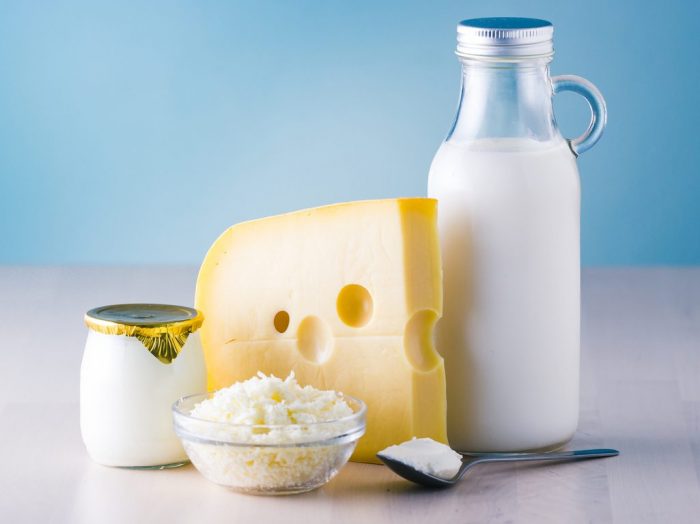Lab-grown meat is all the rage these days, with multiple companies working on developing a type of meat that is sustainable, ethical and better for the planet. But what about lab-grown dairy, since it seems to be lagging behind? There’s good news on that front.
And yes, that means all dairy products, from lab-made milk to processed items like yogurt and cheese. The good news is coming from Perfect Day Inc., a startup based in California which has managed to recreate the proteins found in good old cow’s milk, without using any animals to do so. What they did was develop a form of genetically modified microflora. It produces whey and casein through fermentation.
Lab-grown dairy – how similar is it?
According to the company, the product bears a striking resemblance to the protein found in cow milk. In cold hard numbers: classic milk is 3.3 percent protein – 82 percent casein and 18 percent whey. The rest of milk is made of water, fat, and carbs. The company says that the dairy protein in the product is vegan and lactose-free. The latter element might be a relief for my lactose-intolerant friends who cannot have all the ice cream they desire.
The problem with lab-grown dairy (so far) comes with the difficulty in making full-fat milk that has a similar texture and taste to cow’s milk. The fat content of milk is the biggest challenge on this front. But at the rate technology is developing and pushing boundaries, this challenge may be conquered in the near future.
Making watery milk is one thing, but then using this for all types of cheese and yogurt – now that’s something that complicates things. Not to mention that the mouthfeel of butter will be extremely hard to replicate.
How soon is lab-grown dairy coming?
Perfect Day is moving towards full-scale production, just with its milk products. Because they are still working on all of the dairy products that we’ve grown to love. And the products could end up in our local grocery stores in the next few years.
And as the kicker, Perfect Day’s CEO Ryan Pandya says that the company plans to tackle malnutrition in developing countries. “We began to look into how we can use our protein to prevent stunted growth and malnutrition in the developing world.”






